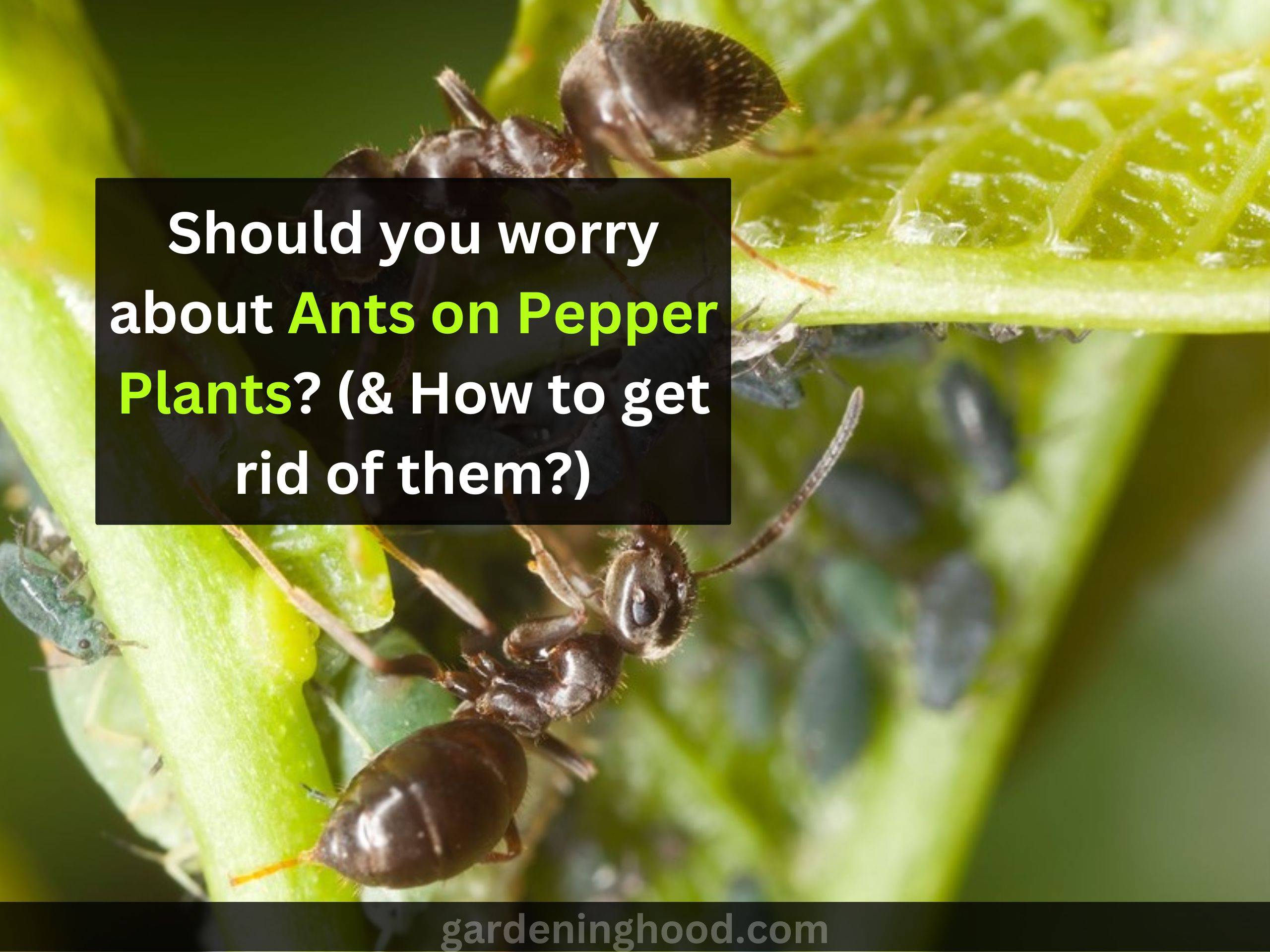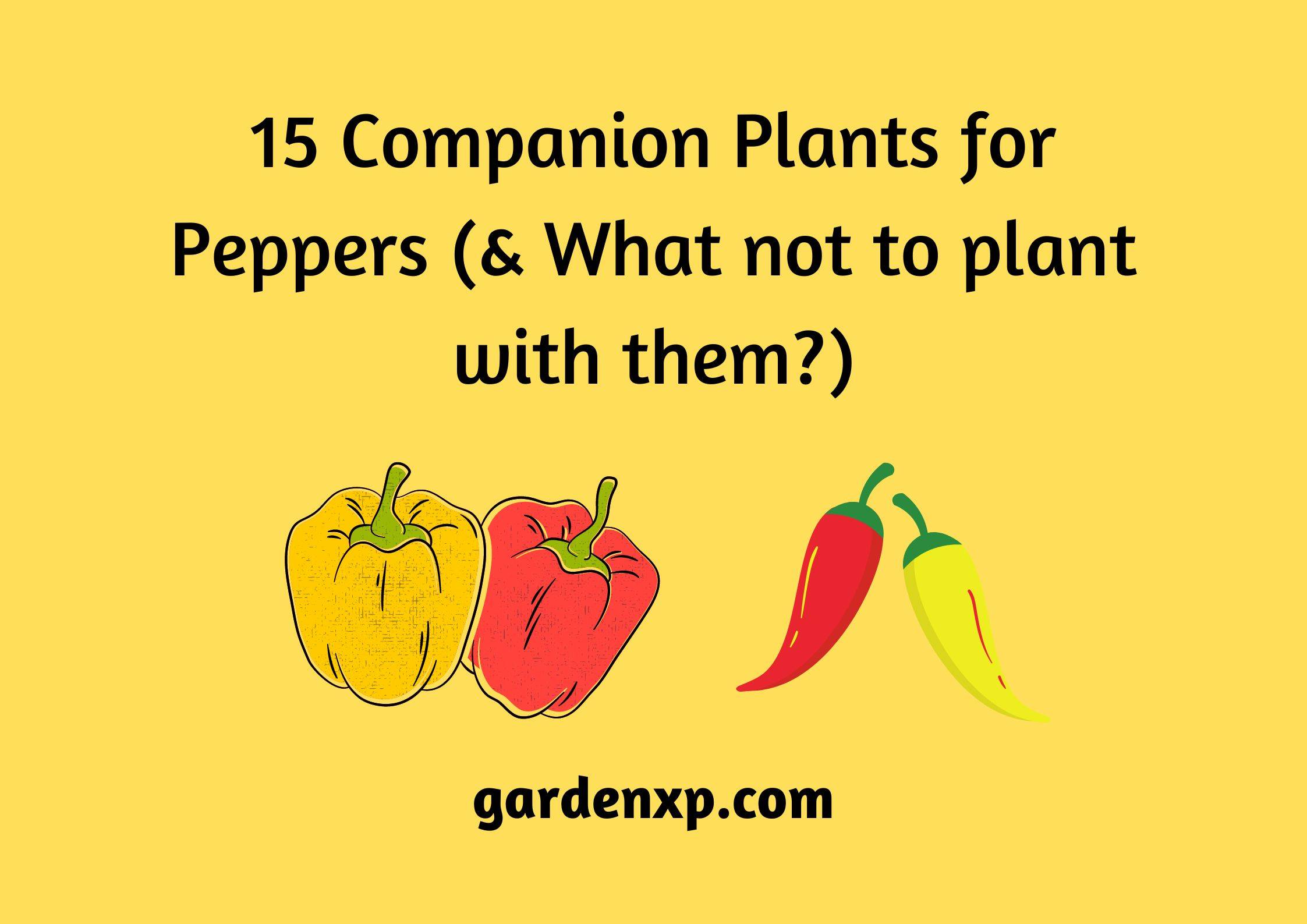4 Tips on How to Grow Hot Peppers Even Hotter!
This article is especially for hot pepper lovers, as we will be providing some Tips on How to Grow Hot Peppers Even Hotter! The hot peppers can be made hotter. Yes! You read it right! In order to make hot peppers, it is super essential that the hot pepper is getting enough nutrients to get to their ‘hotness limit’.
Key takeaways:
- The hot peppers in most cases are picked early from their proper ripening.
- The hot peppers should be given proper time to ripen, as ripening enhances their heart.
- The fruits can be ripened a bit more by putting the plant under stress.
- The stress can be a low amount of water in the soil.
- Harvesting the peppers before watering helps in increasing the level of heat in the peppers.
You all know this if you want the hottest peppers in your garden then you will have to grow them yourself in the garden. The market is overloaded with normal regular peppers like capsicum, jalapenos, etc In this article we will give you 4 amazing tips to grow the hottest peppers at your home.
What makes hot peppers hot or spicy?
The hot peppers have hotness according to the level of a chemical called capsaicin, which is naturally found in the peppers with others like capsaicinoids, etc. Capsaicin having the chemical name 8-methyl-N-vanillyl-6-none is an active chemical in hot peppers belonging to the genus capsicum, having heat and burning effect on the surface they come in contact with. But, chili lovers know how they taste so good with dishes. This chemical is fat-soluble and is present in different ranges in varied chili peppers. So other than jalapenos, there are a lot of different kinds of peppers and their heat varies.
How hot peppers are ranked hotter?
The hot peppers have a pungent taste when you touch the tongue with the juice or surface of the hot peppers. A tool is used to measure the pungency or hotness of hot peppers, called the Scoville scale, having Scoville Scale Units (SHU) showing the spiciness of hot peppers. So the chemical of spiciness “capsaicin” has 15-16,000,000 SHU. jalapenos have 3500 to 800 SHU, habanero has 100,000 to 350,000 SHU, ghost pepper has 1,000,000 SHU, and the hottest one in the world, the Carolina Reaper, has 2,200,000 SHU.
How to Grow Hot Peppers Even Hotter?
Put some stress on the hot pepper plants, like giving them less water, or putting large intervals between the watering supplies. The heat inside the peppers will elevate due to stress. Peppers if they stay in the plants for a long time will get time for ripening and the chemical amount might produce more than the regular quantity. The mature well-formed peppers are the hottest. Most spicy sauces are made from red-colored peppers. Keep the spiciest peppers away from the ones that are less spicy. The little space should be there between the plant to avoid cross-pollination which can make less spicy peppers.
To know more about the plant world, you may also read related articles, How to dry Cayenne Peppers? (& Best ways to use them)
4 Tips on How to Grow Hot Peppers Even Hotter
1. Give less water
Giving the plant ample amount of water can lighten the stress on plants. We suggest not overwatering the pepper plants. The plant gets a proper and regular supply of water in ‘that little amount’ the plant will never be under stress. The pepper plants should be made dry for a little time period to put some stress on the plants. Do this when the fruits are setting. If you do the procedure in a consistent way and conscious manner then there are high chances that peppers will become hotter. Cut the water for a little time, let the leaves get droopy, and then water the plants.
2. Don’t let cross-pollination happen
Cross-pollination can easily happen between the peppers plants. It’s important that you keep a little space between the chili peppers. In case the hot peppers get cross-pollinated with the sweet peppers, then you will never get the spiciest peppers.
3. Give more time for hot peppers to stay on the plant
If the peppers stay on the plant long, they will get time to get spicier too. With the ripening, the peppers will produce more chemicals called capsaicin that will make them hottest.
4. Add sulfur
It is believed that sulfur in the soil can make hot peppers hotter. A good amount of nutrients in the soil like sulfur, potassium, etc should be there to make the peppers spicier. Enough nutrients will help the plant to ripen well, and produce a good amount of capsaicin chemical in the fruits.
Why are Hot Peppers Hot?
The feeling of eating a hot pepper is because of a natural chemical present in it called capsaicin. Capsaicin is generally fat-soluble and when it is being cut to Hot Pepper like habanero, scotch bonnet, or ghost pepper you will see the yellow droplets of capsaicin-laden oil which is present in the inside walls of the peppers. To measure the heat of the peppers unit of Scoville Heat is used SHU. For example, a jalapeno pepper does have 3500 to 8000 SHU and a habanero pepper does have 1000000 to 350000 SHU. The Carolina Reaper is the hottest pepper in the world having an average heat of 1.5 million Shu and also the record holder pepper is the throat-blistering that has 2.2 million Shu.
What Is the Hottest Part of a Hot Pepper?
The hottest part of the Hot Pepper is generally the white inner membrane and white part which is called a placenta. This is the part where the seeds are attached to it. In hot peppers, the seeds are not spicy but they are attached to the white part which makes them more exposed to capsaicin.
Why Did Capsaicin Evolve in Nature?
When you eat the Capsaicin part it will burn like hell. It works like a receptor that is responsible for detecting the heat and pain. The receptors are present in all mammals and even animals like dogs, cats, squirrels, and raccoons so when anybody eats them they will experience the same type of burn. There are various states in India in which people use ghost pepper to determine the elephant.
Common hot peppers
The heat scale which is developed by scientists is called the Scoville scale which you can use to measure the amount of capsaicin present in the pepper. The following are list of the common papers and their Scoville Heat Units:
- Sweet pepper: <100 SHU
- Sweet bell peppers: 0
- Jalapenos: 2,500-8,000 SHU
- Tabasco: 30,000 – 60,000 SHU
- Spicy habaneros: 100,000-580,000 SHU
- Ghost: >1,000,000 SHU
- Carolina Reaper: 1.5 – 2.2 million SHU
- Sweet bell peppers: 0
- Shishito peppers: 200-1,000
- Banana peppers (sweet): 500
- Poblano peppers: 1,000-2,000
- Serrano peppers: 10,000-23,000
- Habanero peppers: 100,000-350,000
- Scotch bonnet peppers: 100,000-350,000
- Carolina reaper (Guinness World Record hottest pepper): 2.2 million
Common Suggestions for Growing Hot Peppers:
You can apply a variety of suggestions for growing Hottest peppers. The following are some of them.
- First of all to plant a Hot Pepper you need to choose a hot variety.
- You need to find a perfect location for planting the hot peppers.
- Reduce the amount of watering them. Make sure to keep the nitrogen level low.
- You need to add sulfur to the planting hole of the hot pepper pot.
- Need to avoid cross-pollination.
- To get the Hot Pepper you need to age them on the wine.
- For best result feedless. Need to add Epsom salt.
FAQ‘s
Do seeds make peppers hotter?
The peppers have pith and ribs that make the pepper spicy. The seeds play a minor role in the spiciness of peppers but the main spice is created by pith and ribs because they have more concentrated capsaicin.
What is the best fertilizer for hot pepper plants?
The fertilizer that is best for the peppers is actually the ‘nitrogen burn’. Though the plants need sulfur-based fertilizer with nitrogen of about 5%, phosphorus of about 10%, and potassium of about 10%, that is in the ratio of 5-10-10 written on the label.
Why are my hot peppers not hot?
The hot peppers not being hot can be due to issues with the soil’s poor conditions, the spot where they are planted, or the variety itself being less spicy naturally. The hot peppers that are spicy have spicy and hot pithy membranes and ribs.


